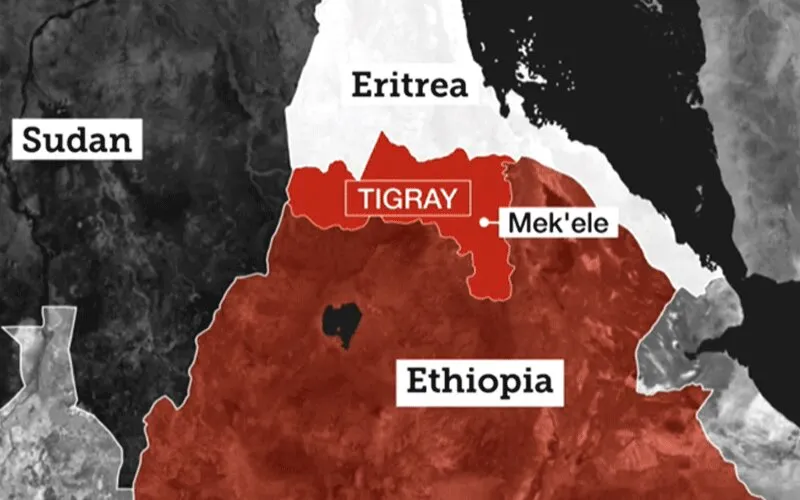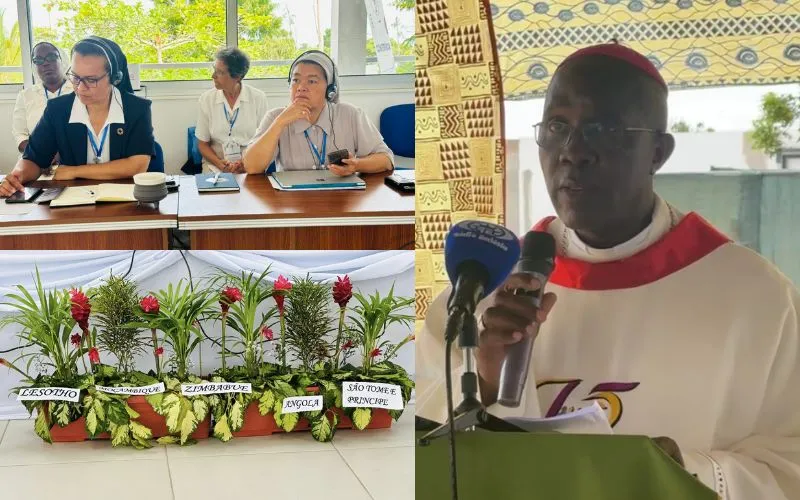Tigray, 04 December, 2020 / 6:10 pm (ACI Africa).
The “sudden interruption” of assistance to Eritrean refugees in Ethiopia amid the ongoing violent conflict in Tigray region is posing multiple threats to hundreds of thousands of Eritreans, a Catholic Cleric known for his ministry with refugees and migrants crossing from North Africa to Europe has said.
In a news report published Thursday, December 3, Eritrean-born Fr. Mussie Zerai highlights two threats to which Eritrean refugees are currently exposed, that of repatriation and their very livelihood.
"Apart from armed clashes, two threats are looming in the refugee camps: that of forced repatriation to Eritrea and enormous livelihood difficulties due to the sudden interruption of all forms of assistance and supplies, including the most essential goods,” Fr. Mussie says.
Ethiopia is home to about 769,000 Eritrean refugees fleeing persecution by the authoritarian regime of President Isaias Afewerki. Out of that number, 96,000 Eritreans are in the conflict-ridden Tigray region, which borders Eritrea.
According to reports, about 6,000 Eritrean refugees living in Shimelba and Hitsats, two of the four camps in Tigray’s Shire town, have been abducted at gunpoint and forcibly repatriated to their home country.








